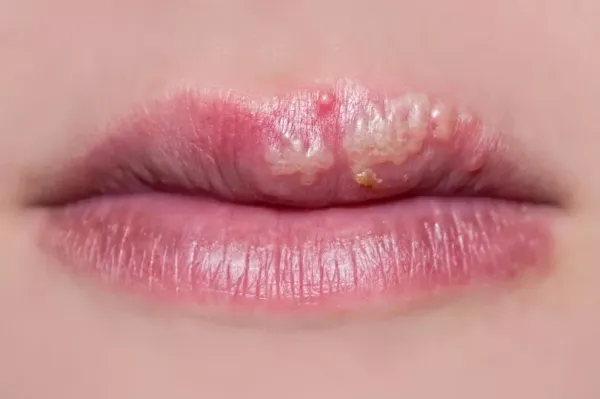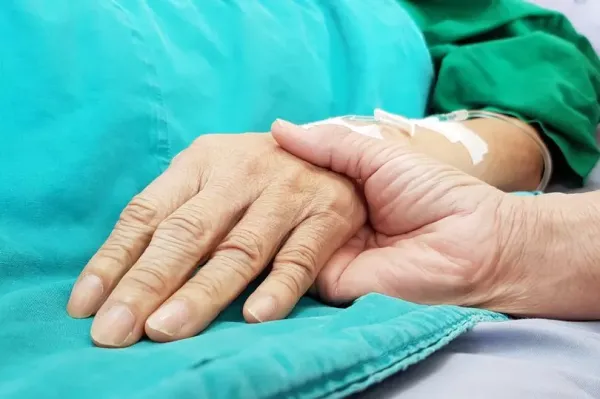
Scientists have shed light on the relationship between Alzheimer's and one especially common sexually transmitted infection (STI). The new research, led by the, used cutting-edge technologies to pinpoint 'HSV-1 related' proteins in the brains of individuals with the disease.
These proteins are specifically linked to herpes - a virus spread through vaginal, anal and oral sex that can give rise to a number of uncomfortable symptoms. Worryingly, the team found that the STI could potentially inflict 'more harm' and 'accelerate neurodegeneration' among people with Alzheimer's.
It comes at a time when seven of every 10 people have caught herpes virus by the age of 25 in the UK, according to . Lead author, Dr Or Shemesh,: "Our research shows how HSV-1 interacts with the brain and influences the pathologies of Alzheimer’s disease.

READ MORE:
READ MORE:
"Early on, the changes in tau (brain proteins) may protect brain cells by limiting the virus, but as the disease advances, these same changes could lead to more harm and accelerate neurodegeneration." Although further research is needed to understand exactly why this is, Dr Shemesh's discovery suggests that immune system responses may be intertwined with cognitive decline.
Right now, there is no cure for both Alzheimer's or herpes, though symptoms can be relieved through various treatments and medications. While Alzheimer's refers to the most common form of dementia, describing a decline in brain function, herpes generally encompasses more physical symptoms.
Small blisters around the genitals, mouth, thighs, anus or bottom are among them, in addition to tingling around the genitals, pain while urinating and unusual discharge. The explains: "Go to a GP or sexual health clinic if you've been diagnosed with genital herpes and need treatment for an outbreak.

READ MORE:
"Antiviral medicine may help shorten an outbreak by 1 or 2 days if you start taking it as soon as symptoms appear. But outbreaks usually settle by themselves, so you may not need treatment.
"Recurrent outbreaks are usually milder than the first episode of genital herpes. Over time, outbreaks tend to happen less often and be less severe. Some people never have outbreaks.
"Some people who have more than 6 outbreaks in a year may benefit from taking antiviral medicine for 6 to 12 months. If you still have outbreaks of genital herpes during this time, you may be referred to a specialist."